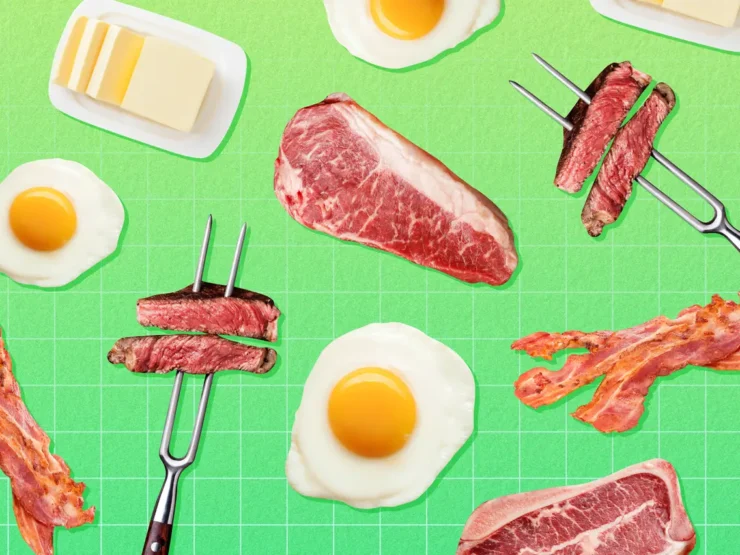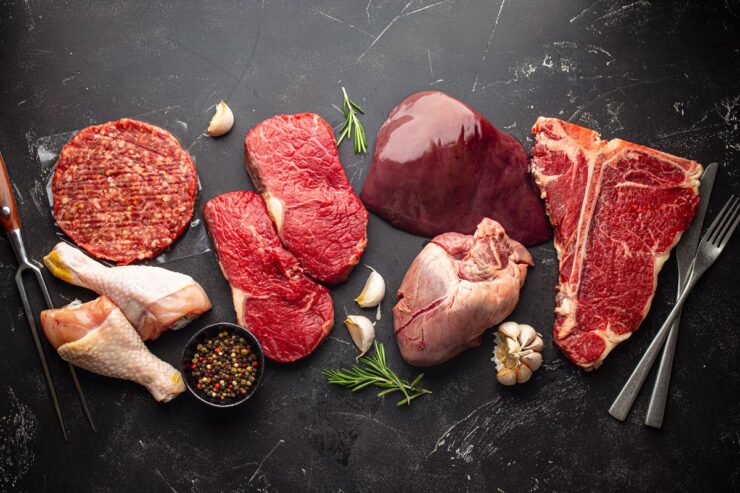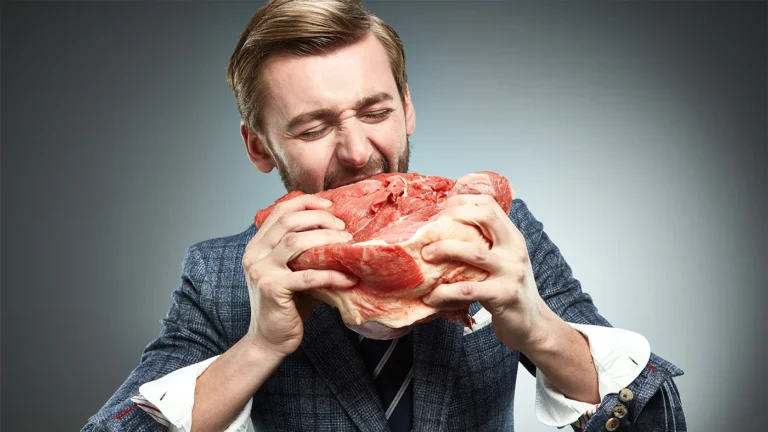Nutrition plans are very popular, and many people are interested in them for various reasons. You can select a proper meal plan to reduce weight, gain muscle, improve your health, or simply to feel better. However, there are many misconceptions related to real benefits of meal plans. The key is learning more about the essential nutrients that must be involved in your meals daily.
That will require a balanced diet, which means that focusing on one specific type can be a mistake. That is the case with the carnivore diet. There are some potential carnivore diet side effects, and there are more info about that that you can find on this site. Also, we will introduce you to more details about this topic in the following article.

Lack of Essential Nutrients and Fiber
This type of meal plan is very restrictive and consists mainly of animal-based foods with no plant-based foods. However, it lacks essential nutrients and fiber for maintaining good health. Fiber, for example, is crucial for maintaining good digestion and reducing the risk of certain types of cancer. The absence of fiber can lead to constipation and other digestive issues. Additionally, a lack of vitamin C and folate in can lead to nutrient deficiencies and affect overall health.
Furthermore, following a restrictive diet for an extended period can lead to long-term health problems. While some people may initially see weight loss, they may not get enough of the essential nutrients their body needs to function properly. Therefore, it is important to consult a registered dietitian or medical professional to assess the diet’s nutritional adequacy and ensure it meets individual needs.
Increased Risk of Heart Disease
A high intake of animal fats and proteins may increase the risk of heart disease. Studies have shown that a meal plan high in saturated fats can lead to high cholesterol levels, increasing the risk of heart disease. Additionally, a lack of fiber can contribute to heart disease risk, as fiber helps to reduce cholesterol levels and maintain healthy blood pressure.
Moreover, following such a restrictive option can lead to excessive amounts of red and processed meat, which is associated with an increased risk of heart disease, cancer, and premature death. Therefore, it is important to include a variety of protein sources, such as poultry, fish, legumes, and nuts, to reduce the risk of heart disease.
Potential for Nutrient Toxicity
While it may provide plenty of certain nutrients, such as protein and iron, it also carries the risk of nutrient toxicity. For example, too much iron can lead to iron overload, damaging organs such as the liver and pancreas.
Additionally, consuming too much protein can lead to the production of ammonia, which can be toxic in large amounts and put stress on the kidneys. Moreover, consuming too much vitamin A, which is found in high amounts in organ meats such as the liver, can lead to vitamin A toxicity, which can cause headaches, dizziness, and even death.

Negative Impact on Gut Health
The lack of fiber can have a negative impact on gut health. Fiber is essential in promoting healthy gut bacteria growth and preventing inflammation in the gut. A lack of fiber can cause dysbiosis, an imbalance in the gut microbiome, leading to digestive problems such as bloating, gas, and diarrhea.
Moreover, the high intake of animal fats and proteins can produce harmful compounds such as TMAO, which can contribute to inflammation and increase the risk of heart disease. Therefore, it is important to include plant-based foods rich in fiber and nutrients to promote a healthy gut microbiome and reduce the risk of inflammation and chronic disease.
Difficulty Maintaining it for a Longer Time
It is very restrictive and eliminates many food groups, making it challenging to maintain over the long term. Following a restrictive plan can lead to feelings of deprivation and increase the risk of binge eating or other disordered eating behaviors. Additionally, the lack of variety can lead to nutrient deficiencies and affect overall health.
Furthermore, the social implications of following a restrictive diet can also make it difficult to maintain over the long term. Finding suitable meal options when eating out or attending social events can be challenging, leading to feelings of isolation and exclusion. Therefore, it’s essential to have a support system and engage in self-care practices to maintain a healthy relationship with food and sustain a balanced diet over the long term.
Potential for Weight Gain
While some people may initially see weight loss, the lack of variety in the diet and the potential for overconsumption of high-fat meats can lead to weight gain over time. Consuming excessive amounts of red and processed meats has been associated with an increased risk of obesity and weight gain. Additionally, the absence of fiber can lead to feelings of hunger and overeating, leading to weight gain.
Moreover, the lack of physical activity can compound the potential for weight gain when combined with this type of nutrition plan. Regular physical activity is crucial for maintaining a healthy weight and reducing the risk of chronic disease.

Vitamin deficiency
It restricts the intake of many plant-based foods, rich sources of essential vitamins and minerals. The absence of vitamin C and folate in the diet can lead to vitamin deficiencies and affect overall health. Vitamin C is important for maintaining healthy skin, bones, and cartilage and is also a powerful antioxidant that protects against damage from free radicals.
Folate is essential for healthy brain function and DNA synthesis and repair. Furthermore, consuming excessive amounts of vitamin A is never recommended. Besides that, there is a chance to face other issues, such as a lack of calcium and vitamin D.
In Conclusion
While the carnivore diet may provide certain benefits, such as weight loss and improved blood sugar control, it also carries significant risks and potential side effects. The diet lacks essential nutrients and fiber, increases the risk of heart disease and nutrient toxicity, negatively impacts gut health, and can be difficult to maintain over the long term.

